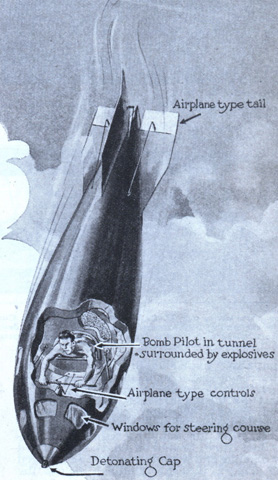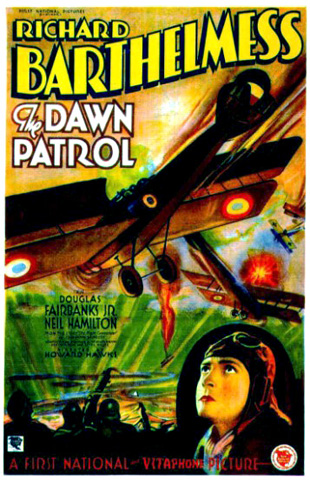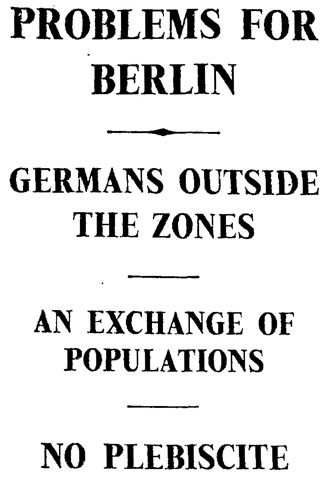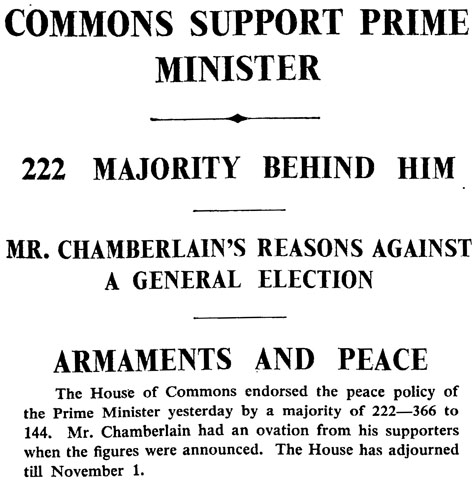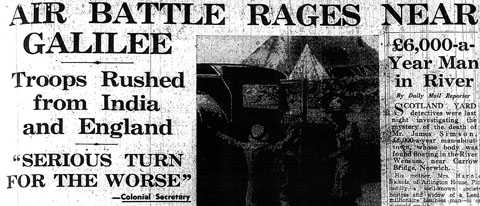More Malcolm
A while back I wrote a post about Sir Malcolm Campbell, devil-may-care driving fool, and his possible connection with the British Union of Fascists — specifically, the claim that he adorned Blue Bird with BUF insignia. I was sceptical, based on his fairly negative attitude in 1937, but couldn’t rule out that he’d had some […]


